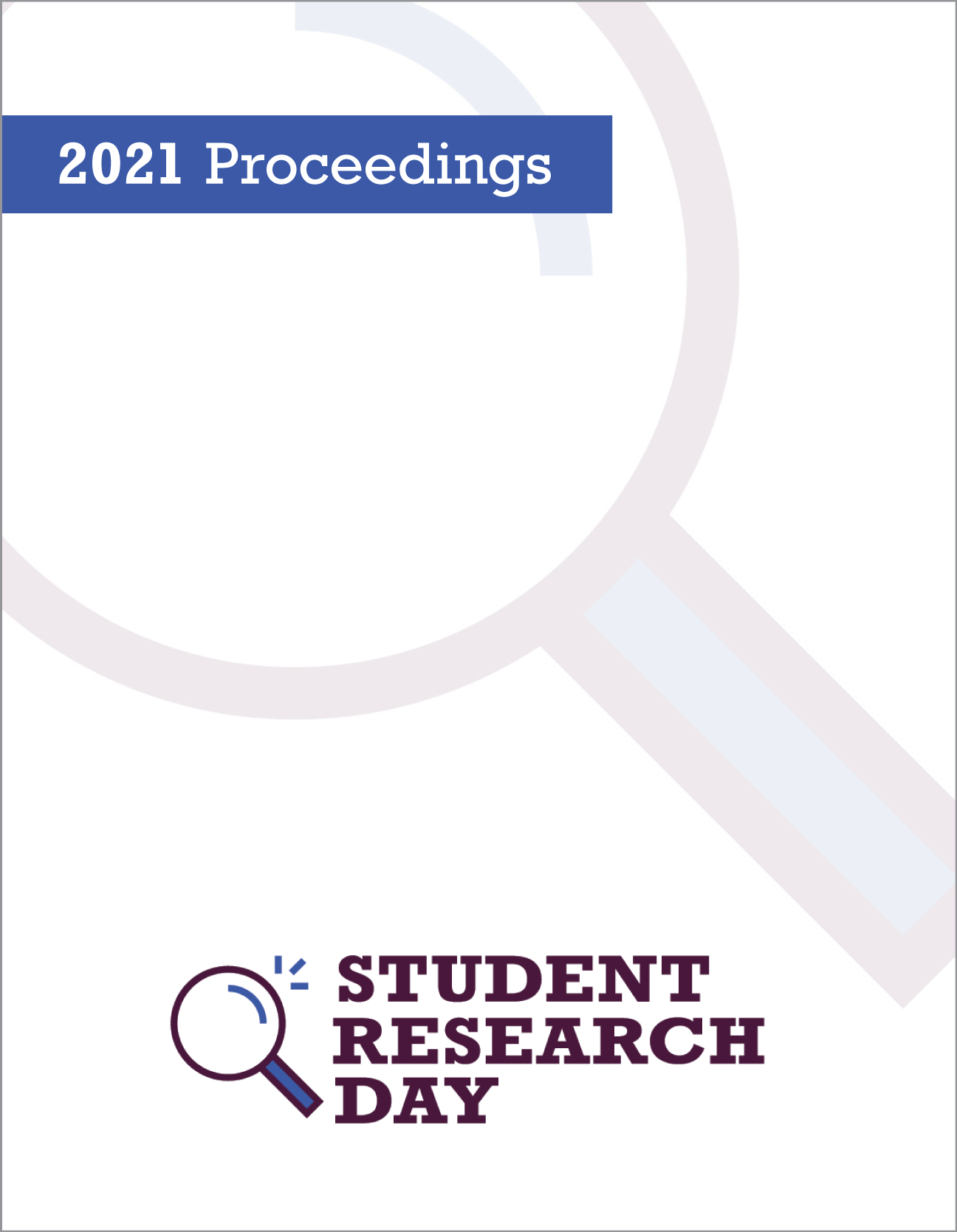Human chronic myelogenous leukemia K562 cells undergo erythrocytic differentiation and cell cycle interruption in response to PMEA (9-(2-Phosphonyl-methoxyethyl)-adenine)
Abstract
Disruption during cellular differentiation can cause hematopoietic stem cells to proliferate uncontrollably, resulting in the development of cancer. Differentiation therapies are being investigated as a type of cancer treatment which involve inducing agents that promote the differentiation of cancer cells into those with similar properties to normal blood cells. These cells can then undergo apoptosis at an accelerated and controlled rate compared to cancer cells, making this a potential therapeutic technique. In this study, the ability of human chronic myelogenous leukemia K562 cells to undergo cellular differentiation in response to the inducing agent 9-(2-Phosphonyl-methoxy ethyl)-adenine (PMEA) is investigated. PMEA has previously been shown to disrupt cell replication, and promote erythrocytic differentiation in K562 cells. In order to further test the effectiveness of this inducer, cell proliferation was measured with a cell growth curve, hemoglobin presence was measured with benzidine staining, and gamma-globin expression (a protein subunit of fetal hemoglobin) was measured in both induced and uninduced K562 cell cultures via RT-qPCR and western blotting. The results indicate that PMEA slows cell replication, and promotes hemoglobin (and subsequently gamma-globin) expression in treated cells. In summary, the findings support the conclusion that PMEA is able to promote erythrocytic differentiation in K562 cells, and provides information that supports differentiation therapies as a method for cancer treatment.
Department: Biology
Faculty Mentors: Dr. Kim Harcombe and Dr. Nina Bernstein
References
Downloads
Published
Issue
Section
License
Authors retain any and all existing copyright to works contributed to these proceedings.



